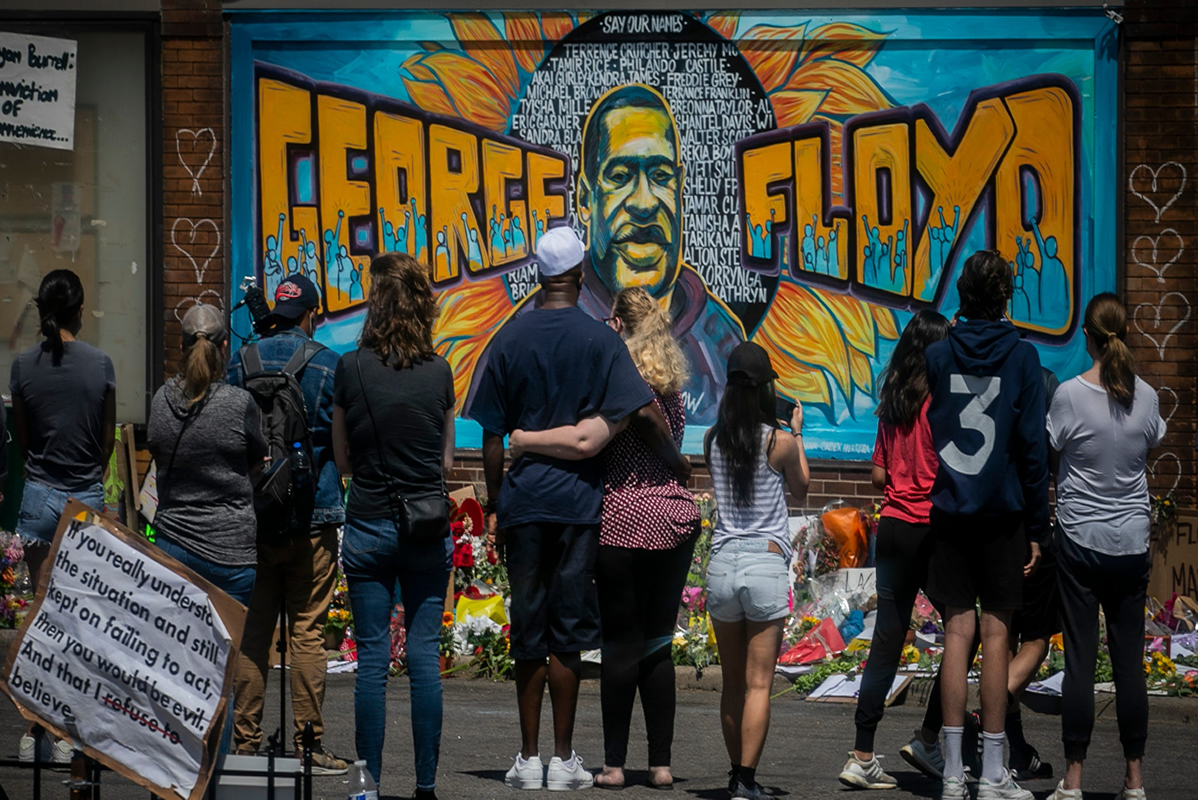The U.S. House of Representatives on Wednesday night, March 3, passed the George Floyd Justice bill in a 220-212 vote aimed at preventing police misconduct in the wake of racial injustice and police brutality.
House Democrats originally introduced and passed the bill, titled the George Floyd Justice in Policing Act, last year in the wake of Floyd’s death, but it never passed in the Senate, which was under Republican control at the time.
Two moderate Democrats, Reps. Jared Golden of Maine and Ron Kind of Wisconsin opposed the measure, while GOP Rep. Lance Gooden of Texas said after the fact that he had voted for it by accident.
California Rep. Karen Bass, a Democrat and former chairwoman of the Congressional Black Caucus who reintroduced the bill with House Judiciary Chair Jerrold Nadler, D-N.Y., said on Wednesday morning during a press call that “we are still trying to transform policing in the United States. And since George Floyd was murdered a year ago, there have been over 100 officer-involved shootings, there have been numerous examples of officers not being charged.”
“At some point, we have to ask ourselves, ‘How many more people have to die? How many more people have to be brutalized on videotape like the three girls – 6, 8, and 11 years old – in Colorado that were taken out of their car, made to lie on their ground?’ We must act now to transform policing in the United States to hold police accountable but also to give them the support they need to have accreditation and raise the standard of policing in the United States.”
George Floyd died in May 2020, after a Minneapolis police officer, Derek Chauvin, knelt on his neck for nearly nine minutes as Floyd cried out that he could not breathe. His death in police custody sparked nationwide calls to overhaul policing and address racial injustice.
The reintroduced bill would: prohibit profiling based on race and religion and mandate training on profiling; ban chokeholds, carotid holds, and no-knock warrants; require the use of federal funds to ensure the use of body cameras; establish a National Police Misconduct Registry; amend the prosecution standard for police from “willfulness” to “recklessness” and reform qualified immunity; and require stronger data reporting on police use of force.
 Gistfox Your News Window To The World
Gistfox Your News Window To The World 




